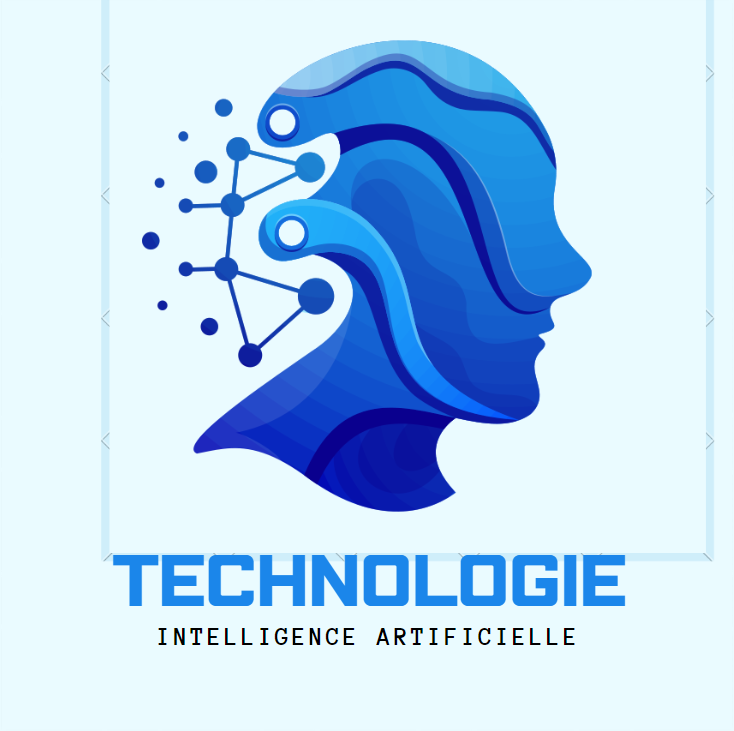Quantum computing
what is Quantum computing ?
what are the advantages of quantum computing?
Potential benefits of quantum computing include:
- Exponential computing power: Quantum computers can solve certain problems exponentially faster than classical computers by exploiting the unique properties of quantum mechanics.
- Optimization:They can be used to solve complex optimization problems in areas such as logistics, finance and operations research.
- Cryptography: Quantum computing could lead to the development of more robust cryptography methods, as well as the ability to break existing cryptography algorithms.
- Simulation: Quantum computers can simulate quantum systems much more accurately than classical computers, which could be useful in fields such as chemistry and materials modeling.
- Medicine and science:They could accelerate drug discovery by simulating complex molecular interactions, as well as fundamental research in areas such as particle physics and quantum biology.
However, it is important to note that quantum computing is still in its early stages, and many technical challenges need to be resolved before it becomes widely applicable in different fields.
what are the disadvantages of quantum computing?
Although quantum computing has great potential, it also has several drawbacks and challenges:
- Development complexity: Quantum computers are extremely complex to design and build due to their delicate quantum nature. Precise manipulation and control of qubits requires very specific environmental conditions and advanced cooling techniques.
- Stability of qubits: Qubits are very sensitive to external interference and can easily lose their quantum state, which compromises the reliability of calculations. Maintaining the coherence of qubits over long periods of time is one of the major challenges of quantum computing.
- Decoherence: Qubits are subject to a phenomenon called decoherence, where their quantum state becomes unstable and loses information over time. This limits the length of time quantum calculations can be performed accurately.
- Limited number of qubits: Currently, available quantum computers have a limited number of qubits, which limits the size and complexity of the problems they can solve. Increasing the number of qubits and their reliability are major challenges to overcome.
- Algorithm Development: Designing efficient quantum algorithms to fully exploit the potential of quantum computers is a complex area of research
In summary, although quantum computing offers revolutionary possibilities, it faces several technical and conceptual challenges that must be overcome before it can be fully exploited.
conlusion :Quantum computing leverages the principles of quantum mechanics to process information using qubits, which can represent 0s and 1s simultaneously. Although it promises exponential computing power and advances in cryptography and in simulation, it faces challenges such as qubit decoherence and development complexity. Widespread adoption will require significant advances in research and resolution of technical issues

